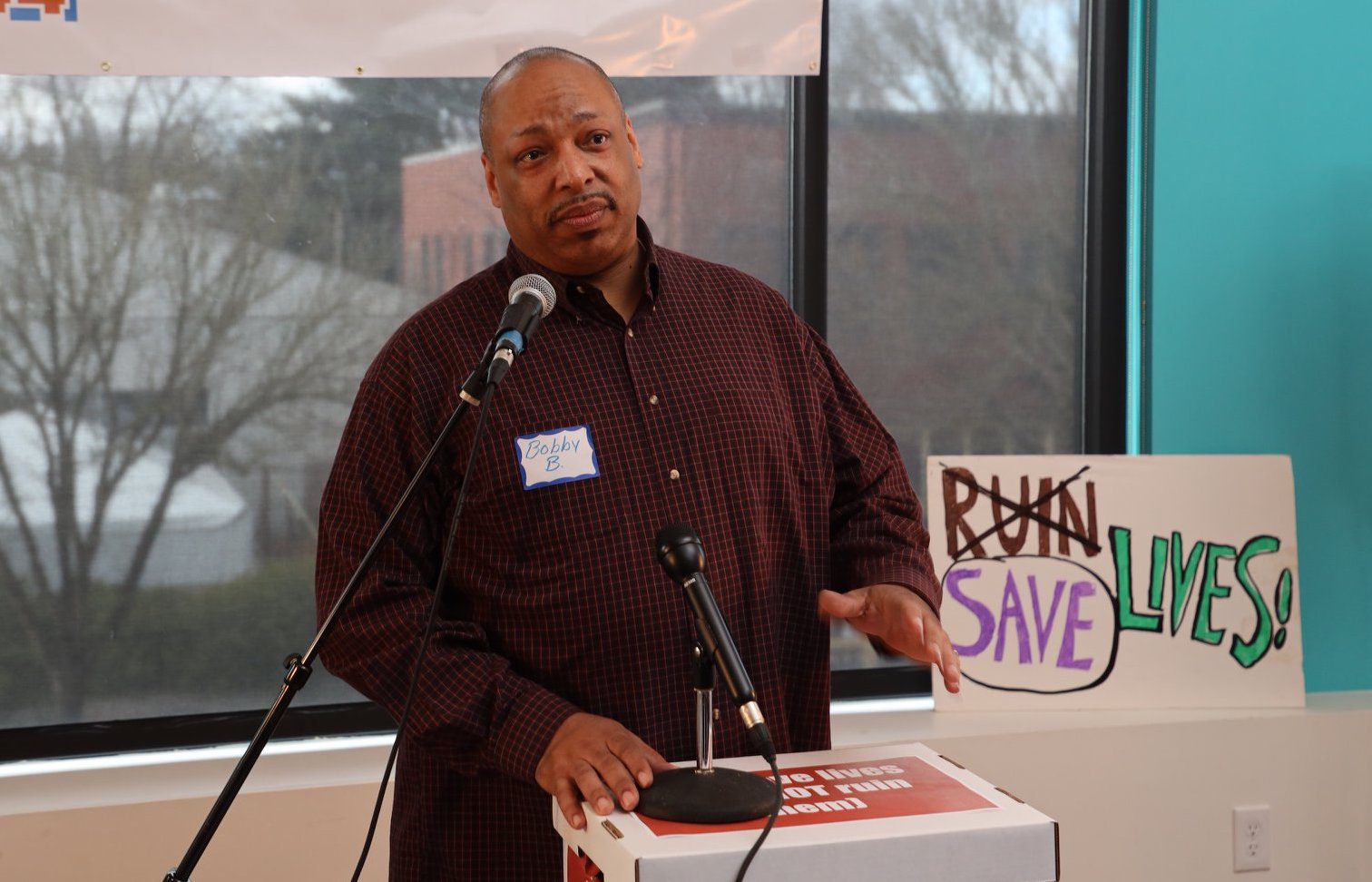Oregon Becomes the First State to Decriminalize Drugs
Voters approved a ballot initiative to decriminalize low-level drug possession and fund treatment, and a separate initiative to legalize therapeutic psilocybin mushrooms.
Zachary A. Siegel | November 3, 2020


This article originally appeared on The Appeal, which hosted The Political Report project.
Voters approved a ballot initiative to decriminalize low-level drug possession and fund treatment, and a separate initiative to legalize therapeutic psilocybin mushrooms.
Oregon is the first state in the nation to decriminalize possession of low-level amounts of drugs.
Voters approved Measure 110, a citizen-led ballot initiative that will swap arrests and criminal penalties for a noncriminal $100 citation. It will also fund more treatment services.
They also adopted Measure 109, which legalizes psilocybin (“magic mushrooms”) for medical purposes. Oregon is also the first state to do this.
The results mark a momentous shift in favor of a public health-focused approach to substance use, and a turn away from longtime policies that incarcerate people or at least saddle them with a criminal conviction over behaviors tied to addiction.
Getting caught with drugs like cocaine, heroin, or methamphetamine normally leads to arrest, jail time, and a criminal record, an approach that advocates have rejected. “Punishing people for a substance use disorder is an ineffective way of changing people’s drug use behavior,” Haven Wheelock, who helped organize for the initiative, told the Political Report in September. “We know that because we’ve been trying for a hundred years to punish people into not using substances, and it hasn’t worked.”
A growing body of evidence shows that tougher prison sentences do little to deter drug use, and that higher rates of drug arrests do not correlate with use patterns. Instead, people who are booked in jail for substance use face heightened health risks given the substantial rate of overdoses and suicides in detention or upon release. And a criminal conviction over substance use often leads to mounting economic difficulties by limiting access to housing, employment, and student loans, which can make recovery more difficult.
Measure 110 will decriminalize the vast majority of drug possession cases now prosecuted, a state analysis found. The reform does not apply to possession of more than one or two grams, depending on the substance, however.
It will also use the savings from excess cannabis tax revenue, and from reduced policing and incarceration, to fund treatment and other health services.
This approach is modeled after reforms undertaken by Portugal. In the 1990s, Portugal faced an injection drug crisis that led to a growing number of overdoses and an outbreak of HIV. To tackle the issue, drugs were decriminalized; in addition, new policies focused on boosting treatment and prevention programs. Drug-related deaths, drug use, and HIV infections have since plummeted.
Measure 110 will not stop law enforcement against drug possession, however. It will still be treated as a civil infraction.
This continued role for law enforcement has advocates worried that inequalities tied to policing will persist even if Measure 110 passes.
They note that the $100 citation could create a new form of fines and fees likely to target people of color and burden those with lower incomes. For instance, an ACLU report shows that, even in states where cannabis is legalized, Black people are far more likely to be arrested for possession than white people.
The $100 fine would be waived if a person agrees to a health assessment where they would be screened for a substance use disorder and other health needs by licensed professionals.
During the campaign, proponents of Measure 110 centered their message on racial justice, and on the harms of the drug war on communities of color, the Political Report found in September.
Leo Beletsky, director of the Health in Justice Action Lab at Northeastern University’s School of Law, stresses more is needed. “To substantially shift the experiences of people who use drugs in their communities, decriminalization must be coupled with meaningful police reform and efforts to build-up systems of support and care,” he said.
Beyond Oregon, advocates hope that the state’s new reforms start a domino effect, akin to the one in favor of cannabis legalization, and start a national decriminalization trend on other substances. In July, the Drug Policy Alliance released a framework for decriminalizing drugs at the federal level.
Daniel Nichanian contributed to this report.

